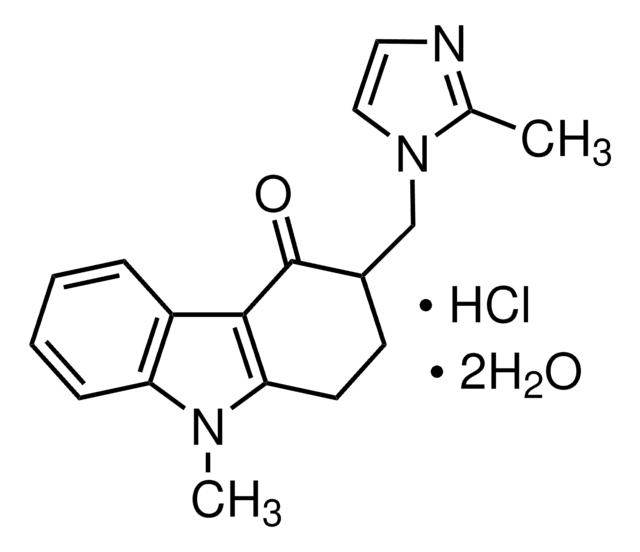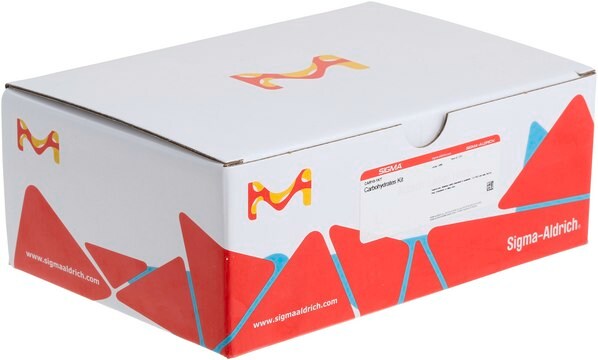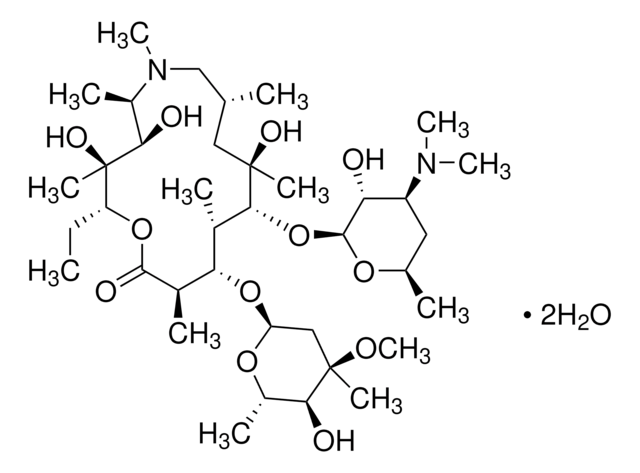89608
Galactose Disks
suitable for microbiology, Sterile filter paper discs impregnated with galactose
Synonyme(s) :
Carbohydrate discs
About This Item
Produits recommandés
Niveau de qualité
Stérilité
sterile
Gamme de produits
BioChemika
Forme
disc
Durée de conservation
limited shelf life, expiry date on the label
Conditionnement
pkg of 10 × 25 discs
Technique(s)
microbe id | utilization test: suitable
Application(s)
clinical testing
environmental
food and beverages
pharmaceutical
microbiology
Température de stockage
2-8°C
Adéquation
Citrobacter spp.
Enterobacter spp.
Escherichia coli
Klebsiella spp.
Proteus spp.
Salmonella spp.
Serratia spp.
Shigella spp.
Streptococcus spp.
bacteria spp.
Description générale
Application
Code de la classe de stockage
11 - Combustible Solids
Classe de danger pour l'eau (WGK)
WGK 3
Point d'éclair (°F)
Not applicable
Point d'éclair (°C)
Not applicable
Équipement de protection individuelle
Eyeshields, Gloves, type N95 (US)
Faites votre choix parmi les versions les plus récentes :
Déjà en possession de ce produit ?
Retrouvez la documentation relative aux produits que vous avez récemment achetés dans la Bibliothèque de documents.
Articles
Sigma-Aldrich.com presents an article concerning Differentiation of Escherichia coli from coliforms.
Sigma-Aldrich.com presents an article concerning Differentiation of Escherichia coli from coliforms.
Salmonella contamination is the second leading cause of food-borne illness worldwide. Controlling outbreaks of Salmonella is an important task for food regulators, restaurants and the food industry in general. The Salmonella family includes over 2,300 serotypes of bacteria, but two types, Salmonella enteritidis and Salmonella typhimurium, are responsible for about half of all human infections. Most outbreaks of Salmonella are traced back to dairy, poultry and meat products, but Salmonella can grow on nearly any food. Chicken, eggs and their derivative products are particularly high risk.
Notre équipe de scientifiques dispose d'une expérience dans tous les secteurs de la recherche, notamment en sciences de la vie, science des matériaux, synthèse chimique, chromatographie, analyse et dans de nombreux autres domaines..
Contacter notre Service technique


